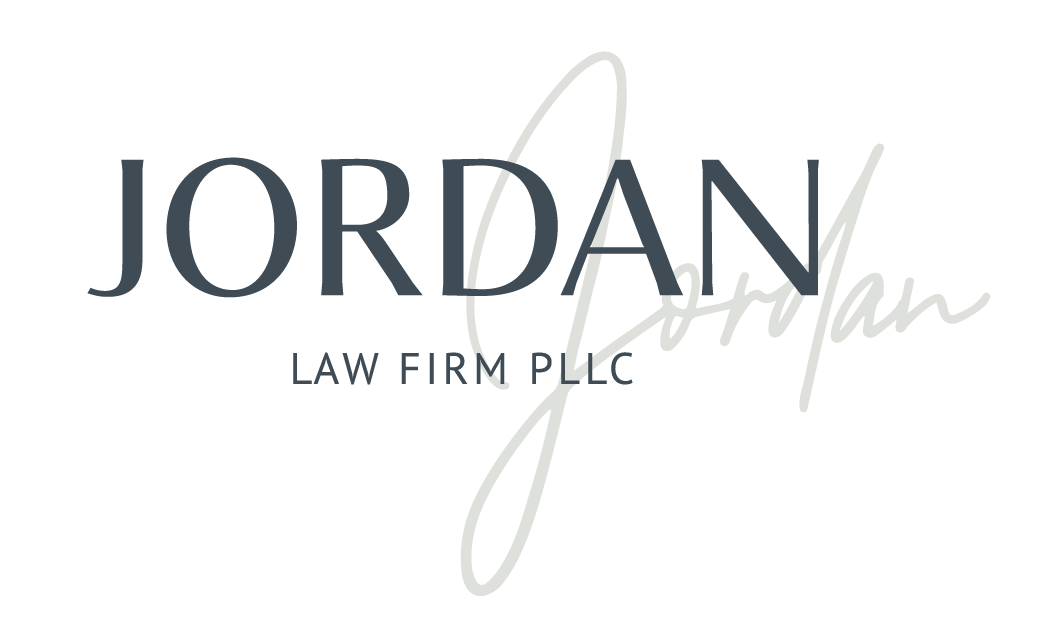Estate Planning Considerations and Strategies
A major part of estate planning involves putting sound legal documents, such as a will, trust, or power of attorney, in place to organize your wishes for your incapacity or death. In addition to that, think through the following considerations as you are organizing your affairs:
Setting Up Beneficiaries
You are able to set up beneficiary designations on certain types of financial accounts, such as retirement accounts, and even bank accounts. Accounts with beneficiaries do not transfer according to your will and therefore do not need the probate process to be distributed to your beneficiaries. With proof of your death (a death certificate), the institution that controls the account will have the beneficiary fill out paperwork to receive the funds, or to set up a new account, such as an inherited IRA account, directly.
If you do not have pay-on-death beneficiaries set up on your bank accounts, such as checking and savings accounts, then your family might need the probate process to get access to those accounts if the Small Estate Affidavit procedure is not available to them. So, consider whether it makes sense to add pay-on-death beneficiaries to your bank accounts.
Asset Ownership and Titling
For married couples, owning assets as community property can make it fairly easy for the surviving spouse (after the first spouse dies) to get access to and retitle assets into their own name after the death. Although Washington is a community property state, and assets acquired during the marriage (with a few exceptions) are community property by default, it is sometimes advisable to document your agreement with respect to community property with a community property agreement. The surviving spouse sometimes can, for example, have real estate retitled into their own name by recording a community property together with other documentation. Community property agreements can also clear up asset ownership issues for surviving children who may wonder how their parents intended to own their property. A community property agreement is not always advisable however, such as when you have a prenuptial agreement with contrary terms or when certain property is specifically intended to be separate, so consult with an attorney on this point when you are creating your estate plan.
Some assets are ‘survivorship’ assets. A joint bank account is an example of a survivorship asset. If spouses are joint account holders, then when one spouse dies, the surviving spouse will automatically become the sole owner of the account without the need for probate. The surviving spouse should notify the bank of the death in order to have the account updated.
Some real estate is owned with survivorship rights. If the deed to the real estate states that ownership is held as “joint tenants with right of survivorship,” then when one owner dies, the other owner(s) automatically become the sole remaining owner(s) without the need for probate.
Documenting Financial and Legal Affairs
It can be helpful to gather and organize documentation for your Personal Representative, Trustee, attorney-in-fact, and loved ones about your financial, medical, and legal affairs so that if they must step in to help you, all of the relevant information is in one place. Consider making a list of information related to:
Bank, investment, and retirement account numbers
Debts and bills
Health insurance
Medical, dental, and vision providers
Prescriptions
Pet care
How to access your digital photographs
How to access a safety deposit box or safe
Important contacts (family; friends; legal, financial, and spiritual advisors; etc.)
